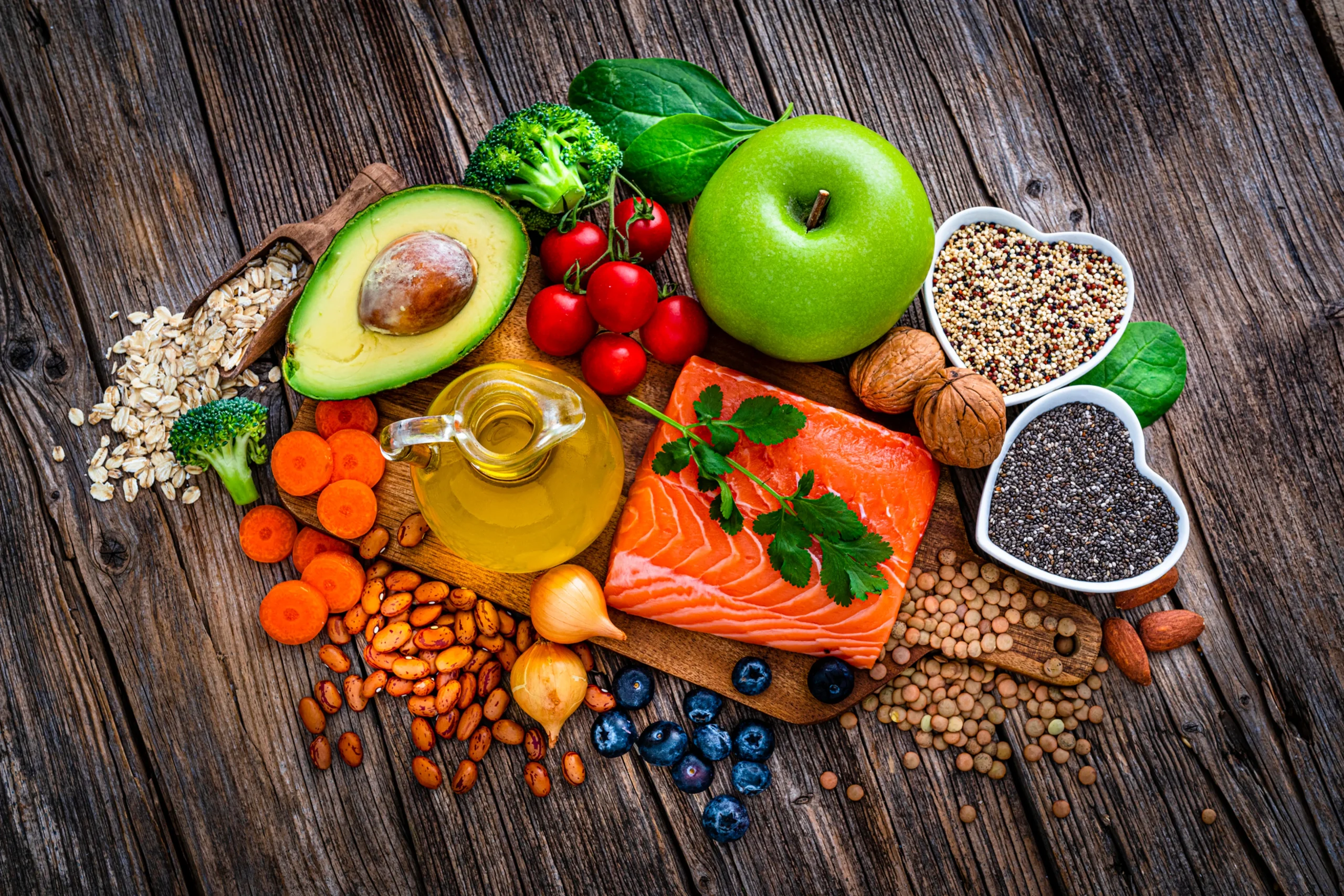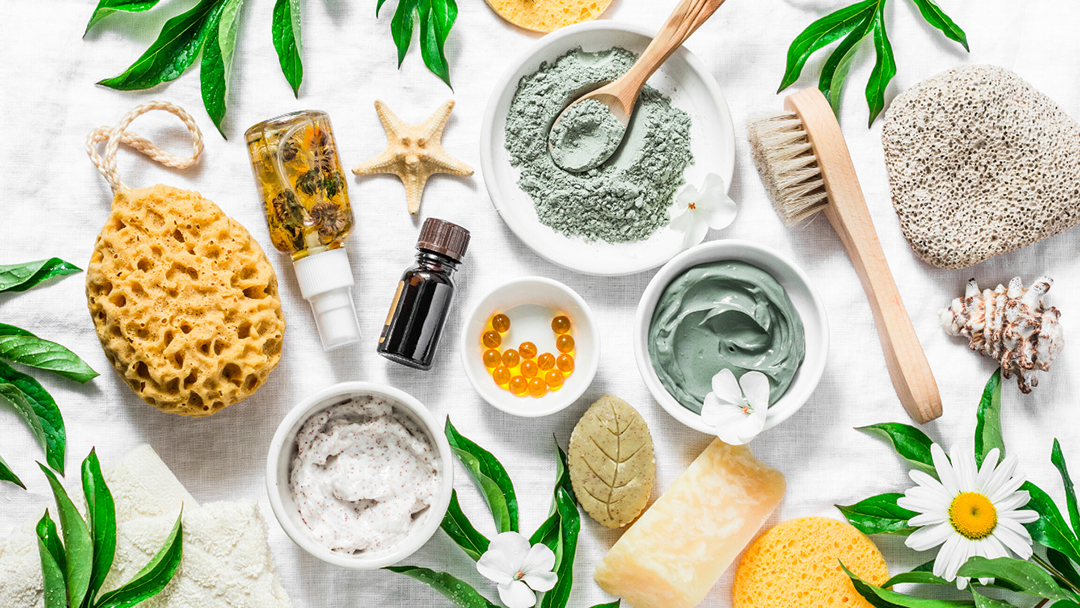BYHEALTH profits down 17%, looks to SEA for new growth
Net profit attributed to shareholders of the company dropped 17.34% to RMB736.5m (US$102.5m) in the first half of 2025.
Operating revenue fell 23.43% year-on-year to RMB 3.5bn (US$491.7m).
A continually fragmented retail landscape was said to be one of the reasons for the decline.
“In this first half of this year, the industry’s performance in the various sales channels continued to show fragmentation.
“Footfall to pharmacy channels and dietary supplements sales continued to decline, online competition has continued to intensify, as a result, the company’s sales were under pressure,” said BYHEALTH in its H1 2025 financial report.
In China, BYHEALTH’s sales revenue from offline channels fell 31.63% to RMB1.8bn (US$250.4m) and that of online channels similarly reported a drop of 13.78% to RMB1.68bn (US$234.5m).
Sales revenue was down 20% to over 30% across all of BYHEALTH’s flagship dietary supplement brands.
Its eponymous protein powder brand saw revenue down by 28.32% to RMB1.9bn (US$262.8m), joint health brand Keylid fell 30.35% to RMB410m (US$57.1m), while probiotic brand Lifespace dropped 34.43% to RMB138m (US$19.2m)
Overseas, the probiotic brand Lifespace reported a revenue growth of 13.46% to RMB534m (US$74.3m). Lifespace’s main market is Australia where it was first founded by Craig Silbery and bought over by BYHEALTH in 2018.
BYHEALTH has been facing lacklustre sales performance in the past year, which it previously said was due to intensifying market competition coming from both domestic and overseas brands, as well as a reduction in pharmacy sales – which is a key sales channel for the firm.
Douyin, China’s version of TikTok, with its livestreaming and interactive features, has become a fast-growing channel for dietary supplement purchase in China, rising up against leading traditional e-commerce players like Alibaba’s Tmall and JD Health.
Against the backdrop, BYHEALTH said it has invested in interest-based e-commerce, formed its streaming team to support its online sales growth.
SEA and kids nutrition opportunities
On the other hand, the company has been growing its presence outside of China during the first half of this year, with particular interest in the South East Asia region.
Its products are already present in Singapore, Malaysia, Vietnam and Thailand’s offline retail chains, while preparing to enter Indonesia at the same time.
“During the period, the company has sped up its plans for international business and infant and kids business. For the international business, the company has increased its expansion efforts for SEA core markets, and is already present in Singapore, Malaysia, Vietnam, Thailand’s offline retail chain, and have actively prepared for Indonesia and other markets’ import.
“At the same time, we have boosted efforts in SEA’s online business and interest-commerce channels,” said the company.
In Singapore, for example, it has opened an official store on the third-party online marketplace Shopee.
It has also looked into expanding its kids nutrition brand Nature’s Bay, such as launching a calcium and zinc supplement for supporting kids growth, while reinforcing its product penetration in mother-and-baby chain stores.
For its adult nutrition portfolio, the company has launched its first over-the-counter product in July – a glucosamine sulfate capsule for joint health.
Another new launch was a mini double-layer multivitamin tablet for men and women in May.
New research: PQQ for anti-aging
To further its research in anti-aging, the company has also worked with Shanghai Institution of Nutrition and Health on the potential benefits of natural ingredients for anti-aging.
One of its findings was on pyrroloquinoline quinone (PQQ).
Published in the journal Aging Cell in June, the study reported that PQQ has the potential to target cellular senescence – one of the 12 Hallmarks of Aging – based on pre-clinical findings.
This is because PQQ has displayed potential in serving as a senomorphic agent.
“In vitro data suggested that PQQ downregulated the full spectrum expression of the SASP (senescence-associated secretory phenotype), a capacity observed in several stromal cell lines.
“Proteomics data supported that PQQ directly targets the intracellular protein HSPA8, interference with which disturbs downstream signaling and expression of the SASP,” said the researchers.
In mice study, it has also shown to alleviate pathological symptoms by preventing organ degeneration in naturally aged mice, while reserving senescent cells in the tissue microenvironment.
The researchers said that these findings have provided proof-of-concept evidence for future exploration of natural antioxidant agents to delay aging and ameliorate age-related conditions.
Source link
Share this article:












